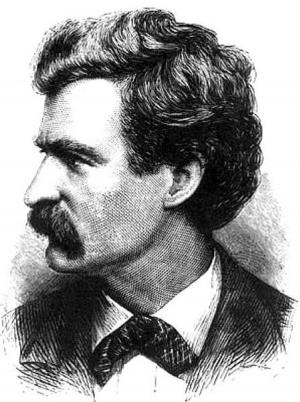| Author: | Edward Rigby | ISBN: | 9781465546111 |
| Publisher: | Library of Alexandria | Publication: | March 8, 2015 |
| Imprint: | Language: | English |
| Author: | Edward Rigby |
| ISBN: | 9781465546111 |
| Publisher: | Library of Alexandria |
| Publication: | March 8, 2015 |
| Imprint: | |
| Language: | English |
By the term Midwifery is understood the knowledge and art of treating a woman and her child during her pregnancy, labour, and the puerperal state. We employ it in this extended sense, because most systematic writers of later times have adopted this arrangement. The terms, Art des Accouchemens of the French, the Ostetricia, and Arte della Parteria, of the Italians and Spaniards, and the Geburtshülfe of the Germans, are restricted to the process of parturition, although they have been and continue to be, used in the same extended sense as that in which we propose to use the term Midwifery. Although pregnancy and parturition, strictly speaking, are perfectly natural functions, yet they involve such a complication and variety of other processes, and also changes of such extent, that the whole system is rendered more or less subservient to them during the periods of their existence: hence, therefore, their number and variety must ever render them more or less liable to deviations and irregularities of action, which will necessarily be aggravated by the effects of civilized life, and in many instances are productive of derangement in the general economy of the system. Under such circumstances the irritability of the system increases at the expense of its strength and vigour, and not only increases its liability to these derangements, but diminishes its power of resisting their effects. In order that we may render the nature and treatment of the changes and phenomena, which take place in the human system during the periods above alluded to, more intelligible, we shall take a short anatomico-physiological view of the structure, form, arrangement, and function of the parts and organs which are more or less directly concerned in these important processes. This will embrace the subject of embryology, a department of physiological knowledge, which, though it has lately been much enriched by valuable discoveries, still affords a rich field of investigation and research. The diagnosis and course of healthy pregnancy, and its various diseases, terminating with the subject of healthy parturition and its treatment will form the subject of the succeeding part
By the term Midwifery is understood the knowledge and art of treating a woman and her child during her pregnancy, labour, and the puerperal state. We employ it in this extended sense, because most systematic writers of later times have adopted this arrangement. The terms, Art des Accouchemens of the French, the Ostetricia, and Arte della Parteria, of the Italians and Spaniards, and the Geburtshülfe of the Germans, are restricted to the process of parturition, although they have been and continue to be, used in the same extended sense as that in which we propose to use the term Midwifery. Although pregnancy and parturition, strictly speaking, are perfectly natural functions, yet they involve such a complication and variety of other processes, and also changes of such extent, that the whole system is rendered more or less subservient to them during the periods of their existence: hence, therefore, their number and variety must ever render them more or less liable to deviations and irregularities of action, which will necessarily be aggravated by the effects of civilized life, and in many instances are productive of derangement in the general economy of the system. Under such circumstances the irritability of the system increases at the expense of its strength and vigour, and not only increases its liability to these derangements, but diminishes its power of resisting their effects. In order that we may render the nature and treatment of the changes and phenomena, which take place in the human system during the periods above alluded to, more intelligible, we shall take a short anatomico-physiological view of the structure, form, arrangement, and function of the parts and organs which are more or less directly concerned in these important processes. This will embrace the subject of embryology, a department of physiological knowledge, which, though it has lately been much enriched by valuable discoveries, still affords a rich field of investigation and research. The diagnosis and course of healthy pregnancy, and its various diseases, terminating with the subject of healthy parturition and its treatment will form the subject of the succeeding part















